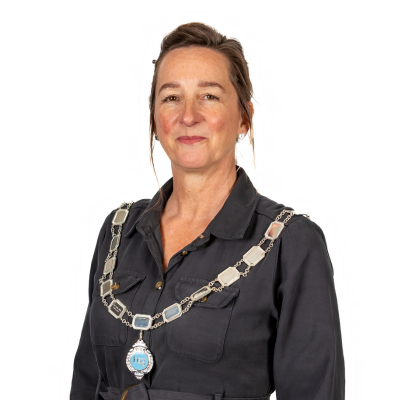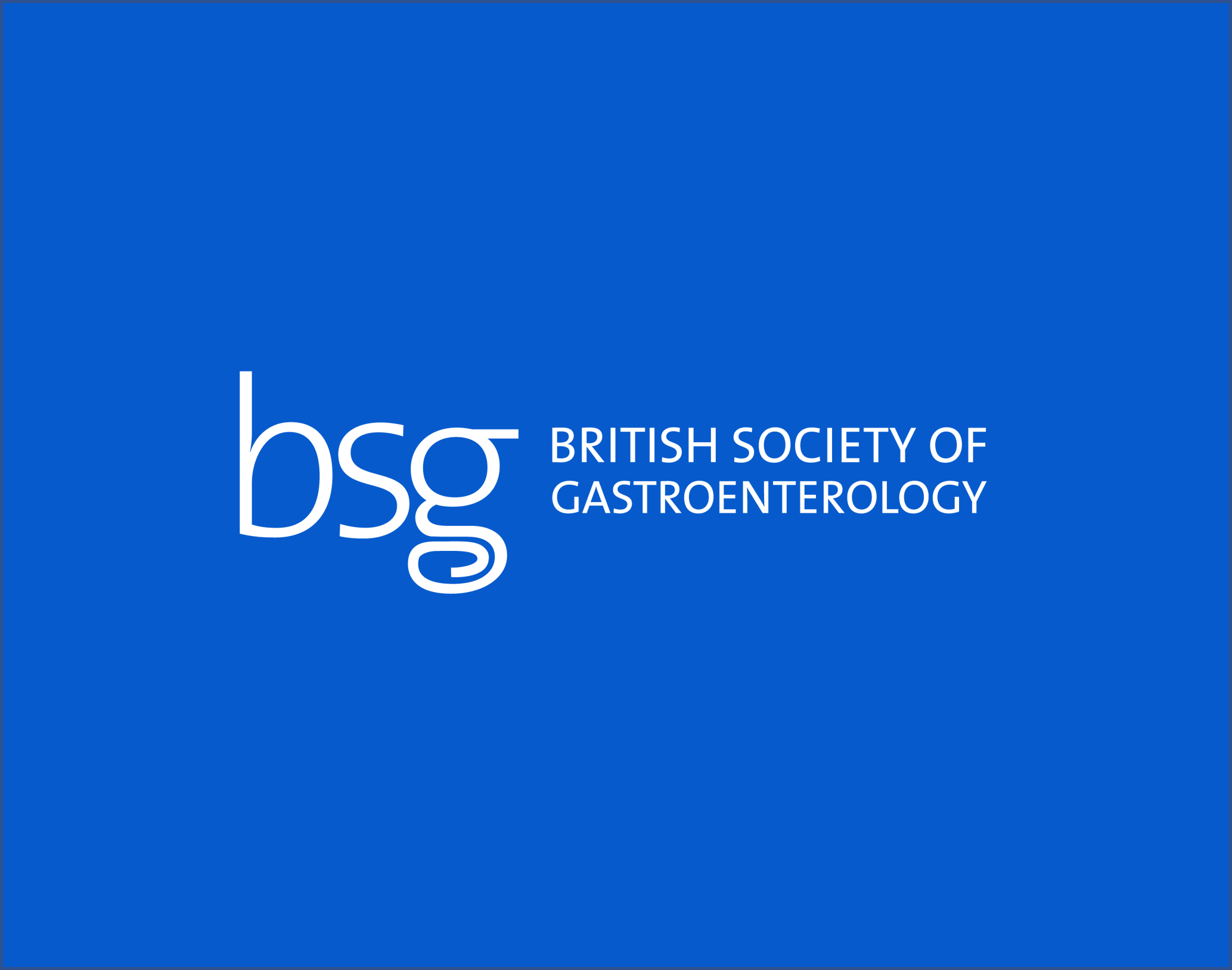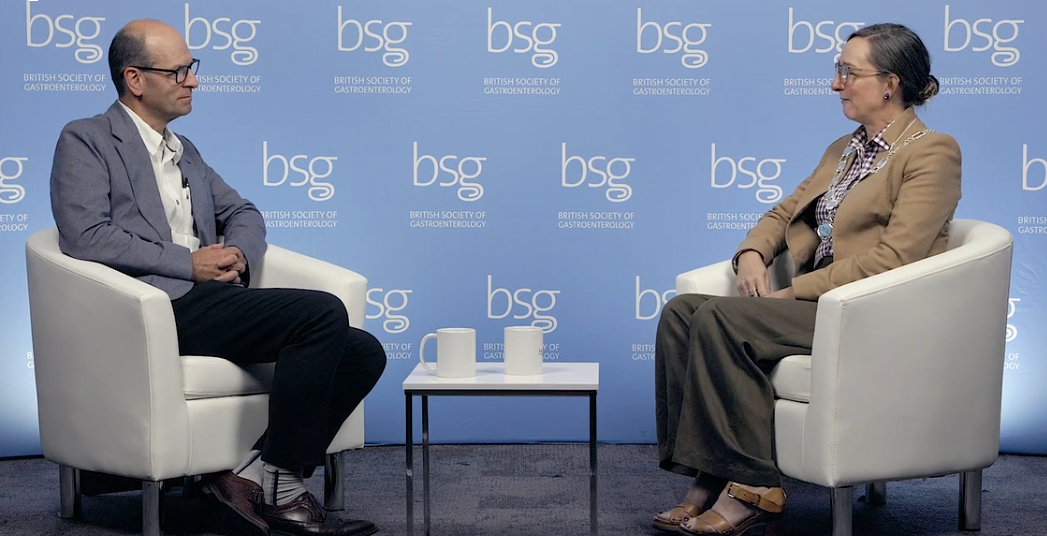
Summer '24: The year for liver
It is shocking to realise that I have been the VP of Hepatology for a whole year. It has been a very interesting 12 months, and I am still honoured to be in this position.
Time moves so swiftly and of course all of the BSG roles must fit in amongst busy hospital jobs and home life. I would imagine working in a DGH is no different to working in a larger tertiary centre; the dedicated commitment to service from the staff is the same and the volume of workload proportional. It is the similar strains on the system that gives the liver section the need to look at hepatology as a whole, and the workforce saga impacts ability in everything.
This year, the liver section has been working on several guidelines on outpatients and on workforce. Though staffing shortages are felt throughout the NHS, it does feel like liver disease is where more needs to be done the soonest. Being VP has the advantage of being at the front of new ideas and progression, and being asked to sit on a huge variety of committees and represent the liver community of the BSG.
Some of the highlights, or low lights, from this year: The NCEPOD report ‘Remeasuring the Units’ looked at our national outcomes from alcohol misuse. Sadly, this did not show any improvement in outcomes for liver patients over the last 10 years. More recently, the disappointing lack of alcohol minimum pricing in England when our colleagues in the devolved nations are seeing a reduction in alcohol harm from new policies. Most recently from the BSG, a statement supporting all of our colleagues that may have been touched by the hepatitis C blood scandal, and to acknowledge the suffering it has caused.
The BSG has continued to do what it does best; offer open access education and guideline materials, support members in all ways possible, and listen to concerns with ideas on how to take problems forward as well as what works well. But the only way forward for liver medicine is to empower the workforce, from early disease detection projects to ward-based care from specialist staff. Most recently, the debate on Physician Associates has had us all engaged and the prompt BSG statements have been reassuring that the evolving workforce landscape has not gone unnoticed. We completely support our trainees and nurses, but also acknowledge there is a burgeoning workforce crisis and that many departments will already have skilled PAs embedded in their service structure who are invaluable members of the team. There is no easy answer, we have signposted ways in which the voice of our members can be heard including GMC and RCP surveys, as well as being willing to take on oversight of governance issues. PAs continue to be welcome in our forums.
With the robust international standing of the BSG, we continue to work as one group in liver disease, embracing all of our members with an open-door policy, so that everyone is seen and heard. We need to continue to stand together, to hear everyone, not only to endure as a progressive society, but also as part of our constitution – to improve the health of the nation.

Coral Hollywood
Hepatology Vice President

BSG Travelling Fellowship – AASLD and visit to the National Institute of Health in Baltimore
This fellowship aims to offer an opportunity for a trainee who has a strong interest in Hepatology to attend AASLD’s Liver Meeting in Washington DC, USA in November 2025 to see the latest research and clinical updates in Hepatology.

Perceptions and impact of Alcohol Minimum Unit Pricing
Dr Ewan Forrest, BSG Alcohol Lead, and Dr Coral Hollywood, BSG VP Hepatology, discuss the perceptions and impact of Minimum Unit Pricing of alcohol in Scotland, and the benefits of introducing a similar approach in England.

BSG San Diego Travelling Fellowship Report by Amy Johnson
I am incredibly grateful to the Liver Section for awarding me this travelling fellowship. My time in San Diego was immensely beneficial for my career development, offering both educational and networking opportunities that I will build upon for years to come.